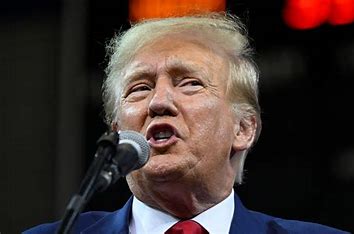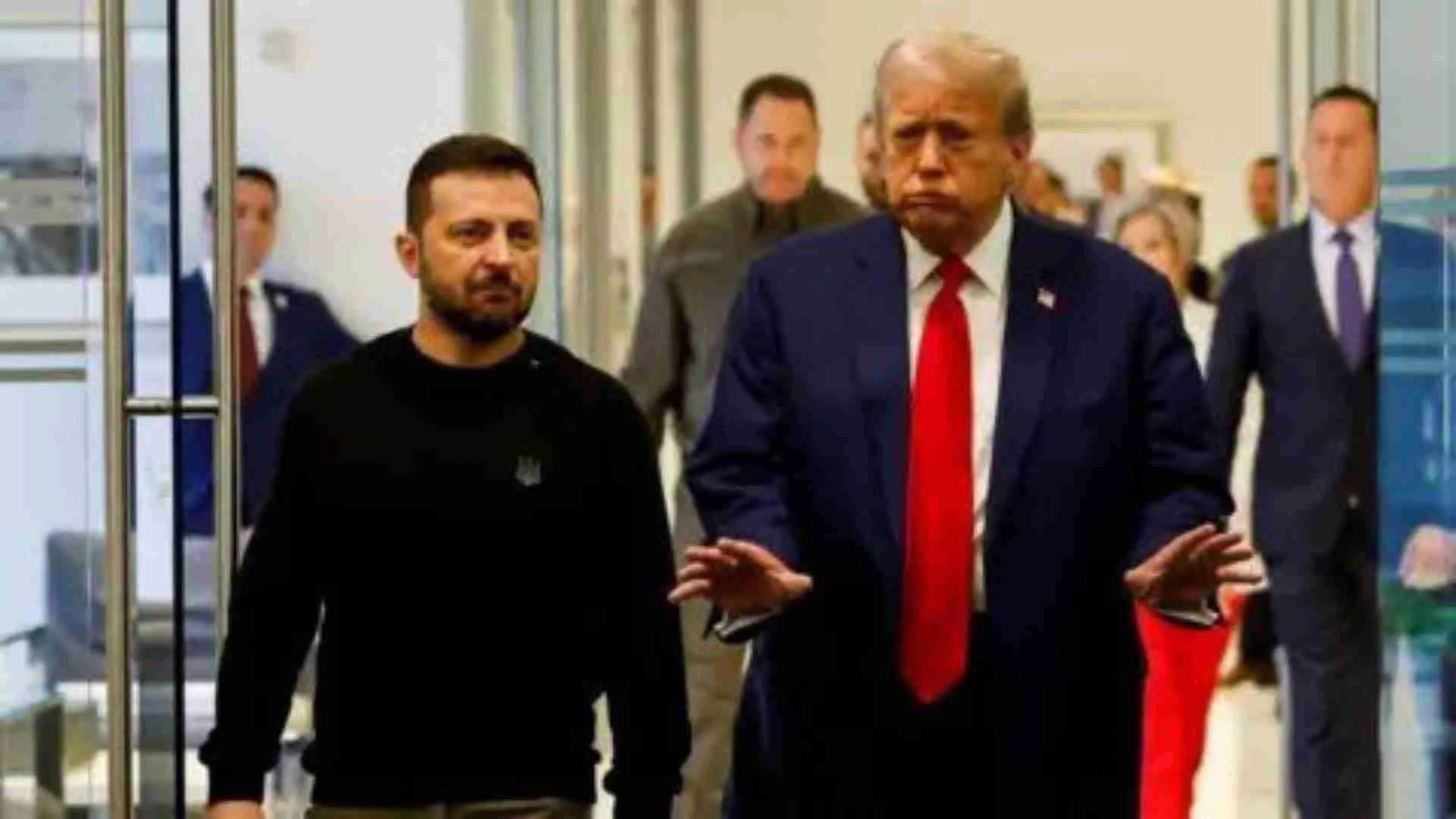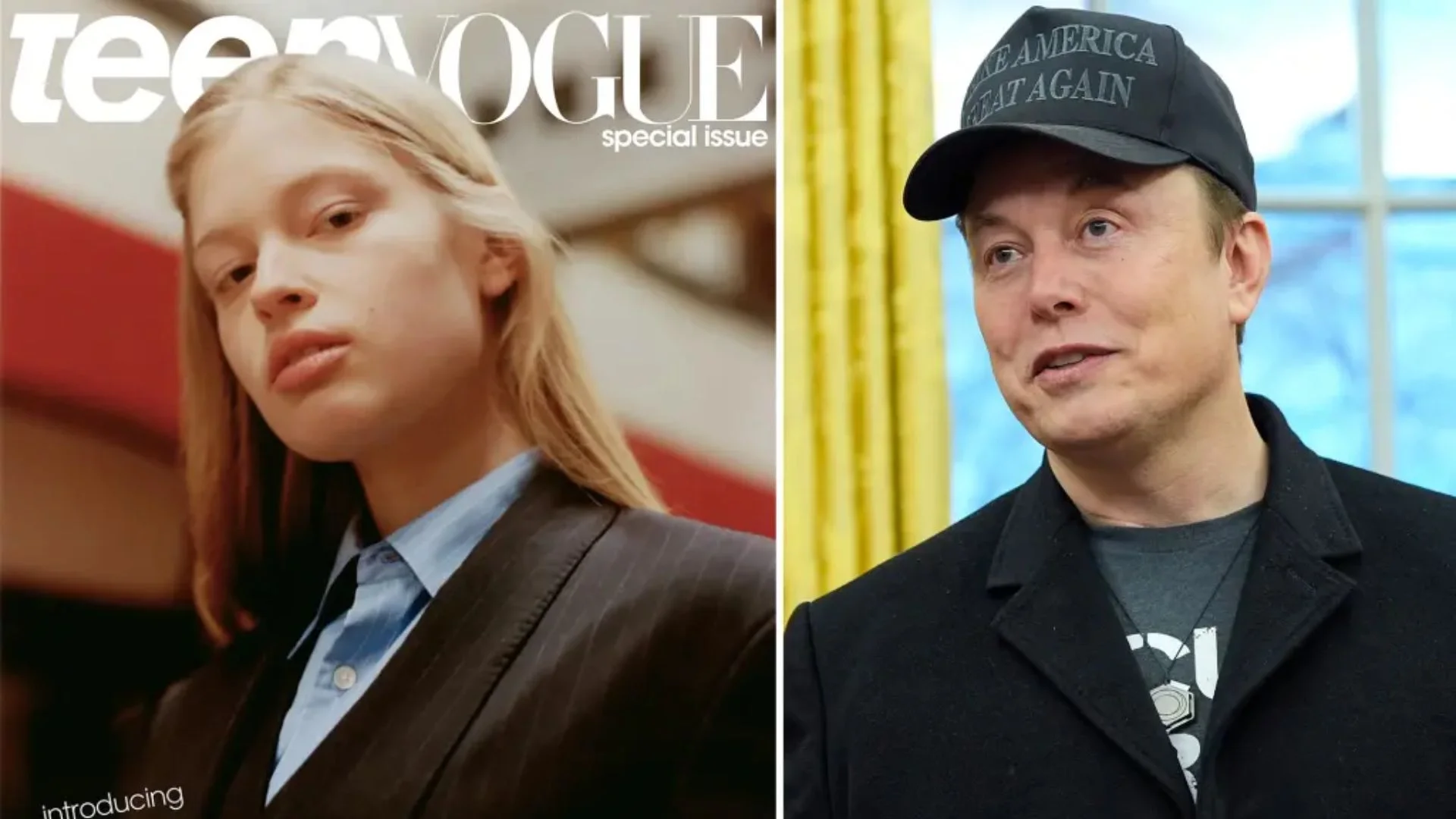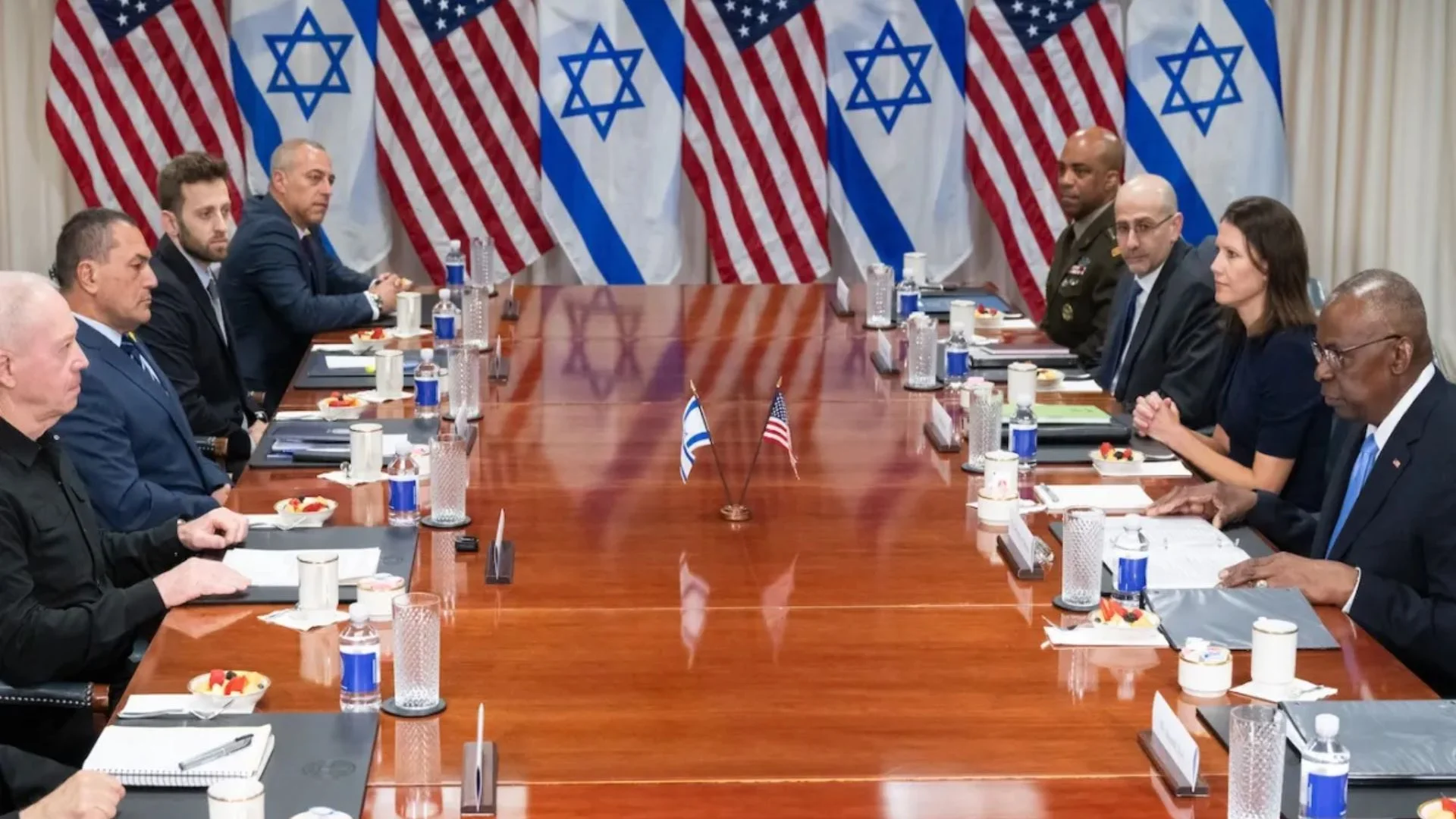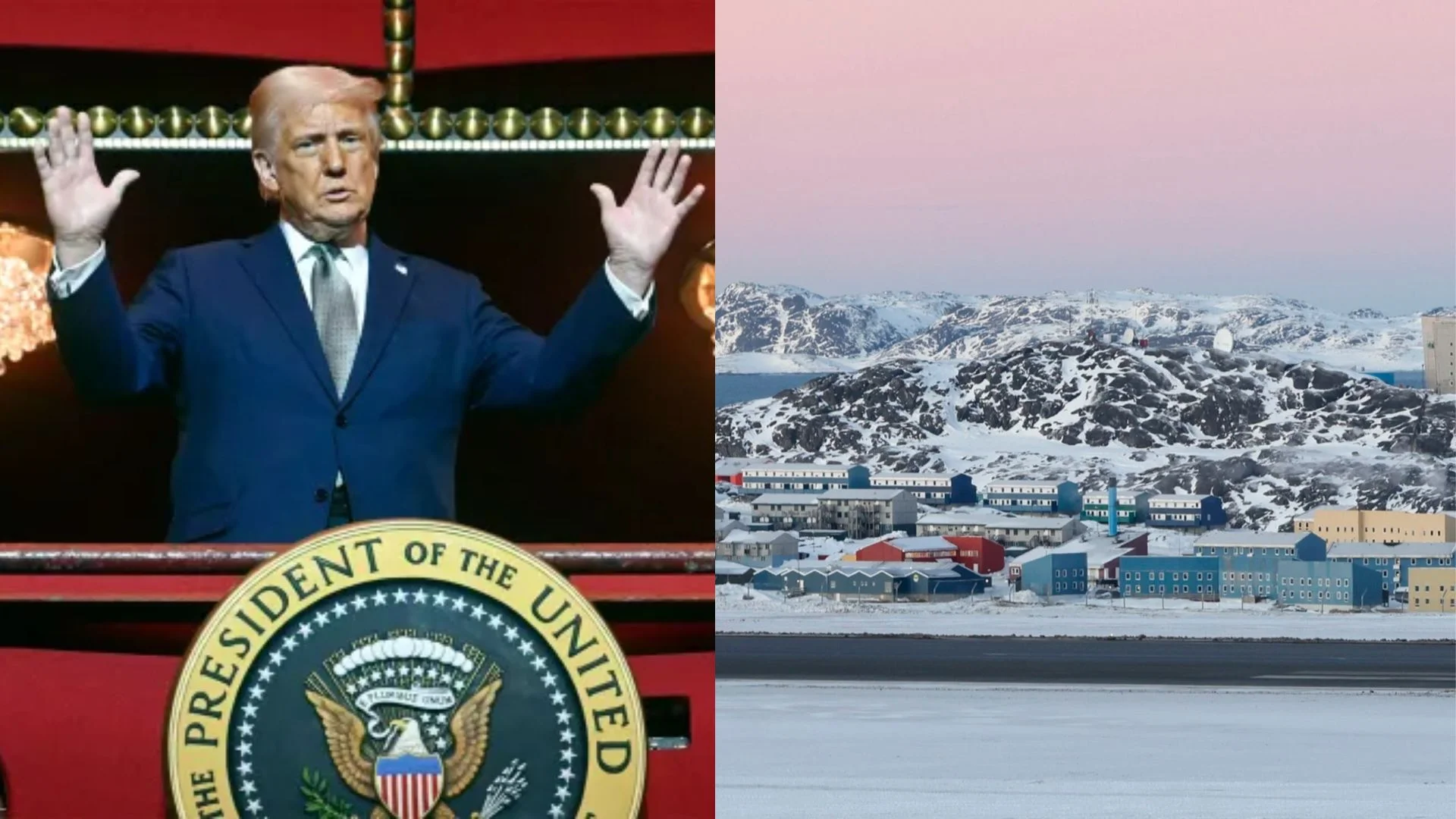The presidential campaign of former President Donald Trump announced on Saturday that it had fallen victim to a cyberattack, alleging that Iranian actors were involved in the breach and subsequent distribution of sensitive internal documents. However, the campaign did not provide direct evidence linking the incident to Iran.
This announcement follows a report by Microsoft, released just a day earlier, which highlighted foreign attempts to interfere in the upcoming 2024 U.S. presidential election. According to the report, a spear-phishing email was sent in June by an Iranian military intelligence unit to a high-ranking official within a U.S. presidential campaign, using a compromised email account belonging to a former senior advisor.
Donald Trump campaign spokesperson Steven Cheung attributed the breach to “foreign sources hostile to the United States” but refrained from offering specifics. The National Security Council responded by stating that it takes any reports of foreign interference “extremely seriously” and condemns any attempts to undermine U.S. democratic institutions.The issue has been referred to the Justice Department.
Iran’s mission to the United Nations denied any involvement in the hack, dismissing the allegations as baseless. Despite these denials, Iran has been suspected in the past of conducting hacking operations against its adversaries, including threats of retaliation against Donald Trump for the 2020 drone strike that killed Iranian General Qassem Soleimani.
The U.S. Justice Department recently unsealed charges against a Pakistani national with ties to Iran, accused of plotting assassination attempts against U.S. political figures, potentially including Trump. This development has heightened concerns over Iran’s potential involvement in cyber and other forms of interference in the 2024 election.
The breach was first reported by Politico, which revealed that it had begun receiving emails on July 22 from an anonymous source claiming to possess internal campaign documents. Among the leaked materials was a research dossier on Trump’s running mate, Ohio Senator JD Vance, dated February 23, months before Vance was officially selected.
Cheung condemned the hack, stating that the documents were “obtained illegally” and intended to disrupt the 2024 election. He warned that any media outlets publishing the stolen materials would be aiding America’s enemies.
Microsoft’s report noted that while Russian operations initially led foreign influence efforts, Iranian cyber activities had recently escalated. The report emphasized that Iran’s involvement in U.S. election interference has become a consistent feature in recent election cycles, with operations typically intensifying later in the campaign season.
As the 2024 election approaches, concerns over foreign interference are expected to grow, with both the Trump campaign and security experts closely monitoring developments.

